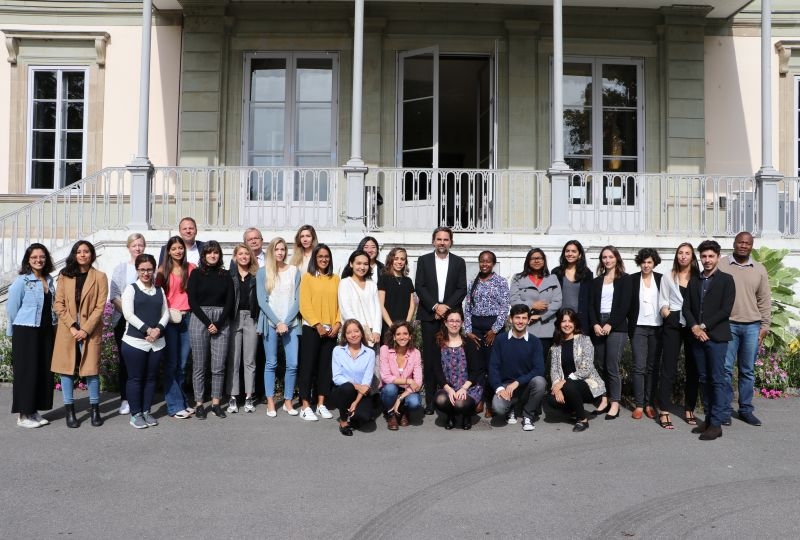Students’ papers address TJ issues in specific countries, as well as larger transitional justice questions and challenges.
‘The variety of country situations addressed by our students in their master’s papers – Armenia, Brazil, Central African Republic, China, Colombia, the Democratic Republic of the Congo, Guatemala, Lebanon, Kazakhstan, Kenya, Mexico, Myanmar, Sri Lanka, Syria, Tunisia, Uzbekistan, – shows that TJ processes or questions are at play in numerous countries and regions’ explains Thomas Unger.
Students also discussed contemporary issues and challenges like victims’ participation – including children – in TJ processes; reparative justice for violations of economic, social and cultural rights; gender-specific dimensions for TJ in post-conflict context; articulation and coherence between national TJ mechanisms and the International Criminal Court; TJ and collective memory; restitution of looted or stolen art and cultural assets during conflict or the colonial period; or TJ and missing persons.
‘These paper show that our students have a good grasp of theories and practices relevant to TJ and are now well equipped to take-up new responsibilities in the field’ underlines Frank Haldemann.











